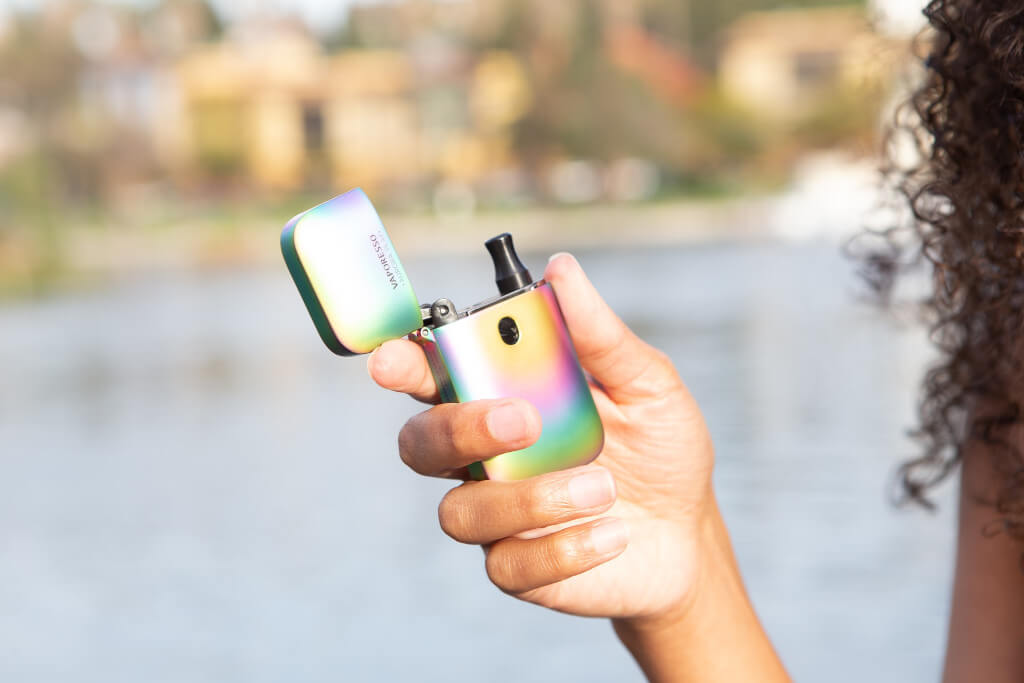New Zealand made headlines recently with its decision to outlaw disposable e-cigarettes, solidifying its commitment to reducing smoking rates. The move comes as the country seeks to prioritize public health and protect the younger generation from the dangers of nicotine addiction.
Ayesha Verrall’s Directive
Curbing Youth Vaping Through Stringent Measures Ayesha Verrall, the Minister of Health, spearheaded the new regulations to address the growing prevalence of vaping among young people. With a clear focus on preventing the uptake of harmful habits, the government aims to establish a balance between vaping for smoking cessation purposes and restricting its use among minors.
Prioritizing the Well-being of the Youth
Understanding New Zealand’s Anti-Vaping Efforts The stringent laws implemented by New Zealand underscore the nation’s dedication to safeguarding its youth from the adverse effects of nicotine addiction. By delving into the motives behind the government’s initiative and its implications for public health, a comprehensive understanding of the regulations can be gained.
Advocating for a Tobacco-Free Future
The Impact of New Zealand’s Vaping Restrictions
The comprehensive measures taken by New Zealand to create a healthier environment highlight the country’s commitment to promoting a tobacco-free lifestyle. By examining the effects of the vaping restrictions on smoking rates and overall public health, readers can grasp the significance of the government’s proactive stance.
Combatting the Risks
Addressing Concerns About Vaping’s Influence on New Zealand’s Youth
By addressing the rising concerns about the impact of vaping on the youth, New Zealand is taking critical steps to protect the younger generation from the potential harms associated with e-cigarettes. An exploration of the latest research on the addictive nature of these products sheds light on the government’s proactive approach to public health.
Pros of the Ban on Disposable E-Cigarettes
Protection of Youth Health
By banning disposable e-cigarettes, New Zealand aims to safeguard the well-being of its younger generation and prevent them from developing nicotine addiction at an early age.
Reduced Smoking Rates
The prohibition on disposable e-cigarettes is expected to contribute to a decrease in overall smoking rates, leading to improved public health outcomes and a healthier population.
Prevention of Targeted Marketing
With the ban in place, the government can curb the targeted marketing of e-cigarettes to young individuals, effectively reducing their exposure to potentially harmful substances.
Enhanced Regulation
The ban underscores the government’s commitment to regulating the vaping industry, ensuring that products are designed with public health and safety in mind, especially concerning young people.
Cons of the Ban on Disposable E-Cigarettes
Limiting Smoking Cessation Tools
Some critics argue that the ban may limit the options available for individuals seeking smoking cessation tools, potentially hindering their efforts to quit traditional tobacco products.
Potential Black Market Emergence
The prohibition on disposable e-cigarettes might lead to the emergence of a black market for these products, creating new challenges for law enforcement and potentially compromising product safety and quality.
Consumer Dissatisfaction
Individuals who rely on disposable e-cigarettes as a less harmful alternative to traditional smoking may express dissatisfaction with the ban, perceiving it as an infringement on personal choice and freedom.
Impact on Local Businesses
Local retailers and businesses involved in the sale of disposable e-cigarettes may experience negative economic impacts as a result of the ban, potentially leading to financial losses and job cuts in the industry.
Navigating the Future of the Disposable E-Cigarette Ban
Protecting Youth Health
As New Zealand moves forward with the ban on disposable e-cigarettes, the nation can anticipate a healthier future for its youth, with fewer cases of nicotine addiction and related health issues among young individuals.
Shift in Smoking Behavior
With the ban’s potential long-term impact, there might be a notable shift in smoking behavior, as individuals explore alternative cessation methods and transition away from nicotine consumption altogether.
Adapting to Regulatory Changes
The implementation of the ban necessitates adaptation to new regulatory measures within the vaping industry, emphasizing the importance of compliance and responsible marketing practices among manufacturers and retailers.
Economic and Social Adjustments
The ban’s repercussions might extend to economic and social realms, prompting adjustments in the business landscape and the societal perception of vaping, encouraging discussions around public health and individual rights.
Public Health and Wellness Initiatives
New Zealand’s commitment to public health and wellness initiatives through the ban signifies a proactive stance on curbing nicotine addiction and promoting a healthier lifestyle for its citizens, potentially setting a positive example for other nations to follow.




